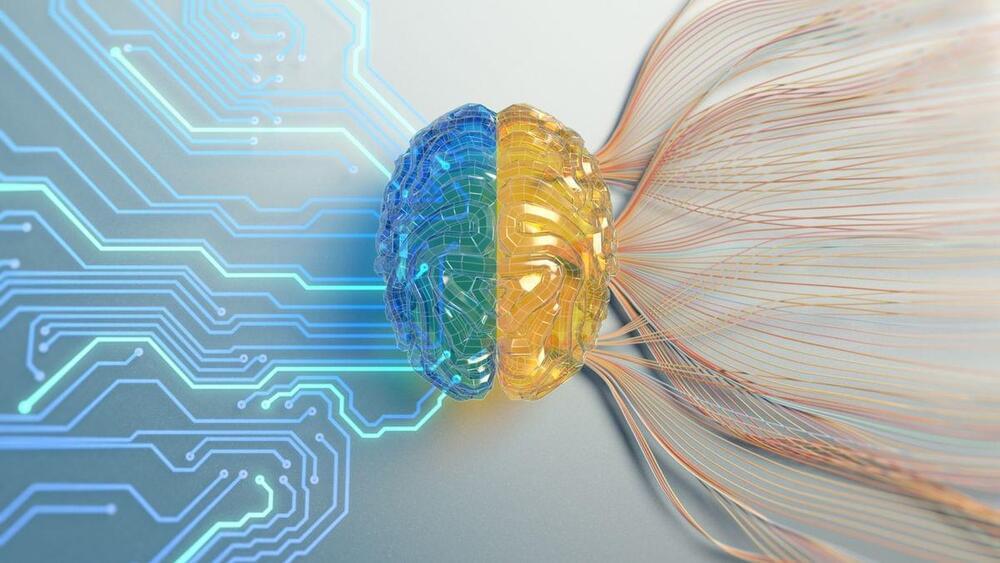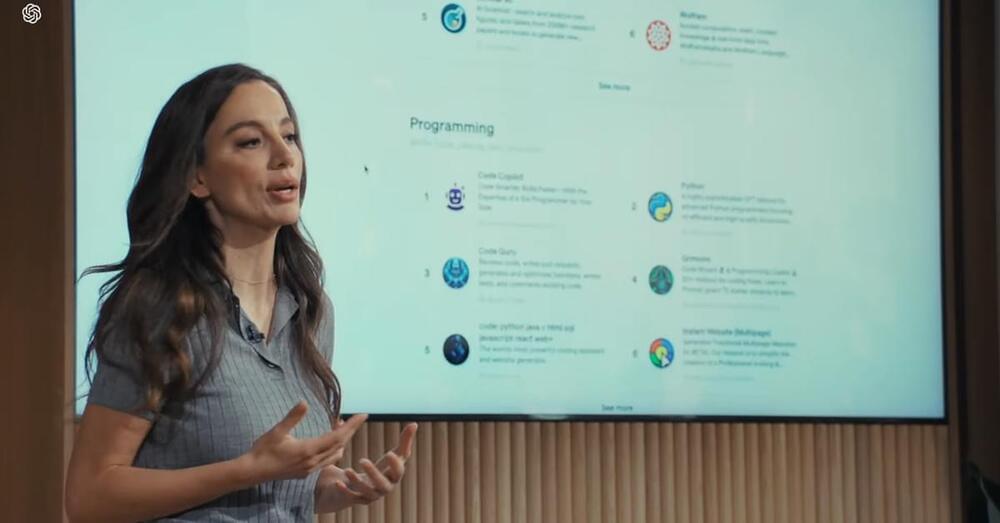
But MIT scientists now claim to have cracked this problem by creating “a treasure trove” of natural language “abstractions” that could lead to more powerful AI models. Abstractions turn complex subjects into high-level characterizations and omit non-important information — which could help chatbots reason, learn, perceive, and represent knowledge just like humans.
Currently, scientists argue that LLMs have difficulty abstracting information in a human-like way. However, they have organized natural language abstractions into three libraries in the hope that they will gain greater contextual awareness and give more human-like responses.
The scientists detailed their findings in three papers published on the arXiv pre-print server Oct. 30 2023, Dec. 13 2023 and Feb. 28. The first library, called the “Library Induction from Language Observations” (LILO) synthesizes, compresses, and documents computer code. The second, named “Action Domain Acquisition” (Ada) covers AI sequential decision making. The final framework, dubbed “Language-Guided Abstraction” (LGA), helps robots better understand environments and plan their movements.


















